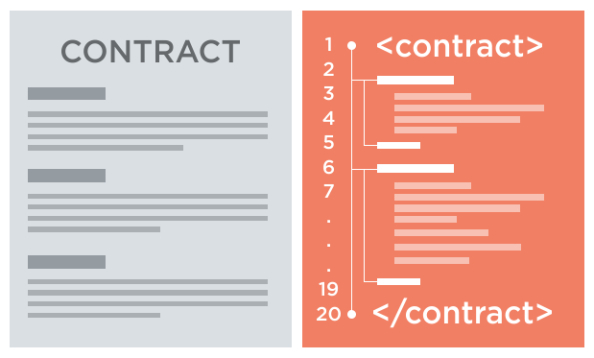-
Notifications
You must be signed in to change notification settings - Fork 0
Module 0 – A little about DApps and Smart Contracts (10 minutes)
A new model for building successful and massively scalable applications is emerging!
Bitcoin led the way with its open-source, peer-to-peer nature, cryptographically-stored records (blockchain), and limited number of tokens that power the use of its features.
RSK added the possibility of running smart contracts on Bitcoin.

Well, the simple answer is that smart contracts are not very different from traditional contracts, except that they are coded and digitally recorded on the blockchain. And this last quality gives smart contracts a host of significant advantages over traditional contracts — smart contracts are trustless, autonomous, and self-sufficient.

DApps connect users and providers directly.
DApp is an abbreviated form for decentralized application.
DApp has its backend code running on a decentralized peer-to-peer network. Contrast this with an app where the backend code is running on centralized servers.
A DApp can have frontend code and user interfaces written in any language (just like an app) that can make calls to its backend.
DApp = frontend + contracts
One example is to use this design for a decentralized Twitter that’s resistant to censorship. Once you publish a message to the blockchain, it can’t be erased, not even by the company that created the microblogging system.
Let's start a nice tutorial that allows you to write some smart contracts and run them into a blockchain. Also you will be able to create your first DApp.